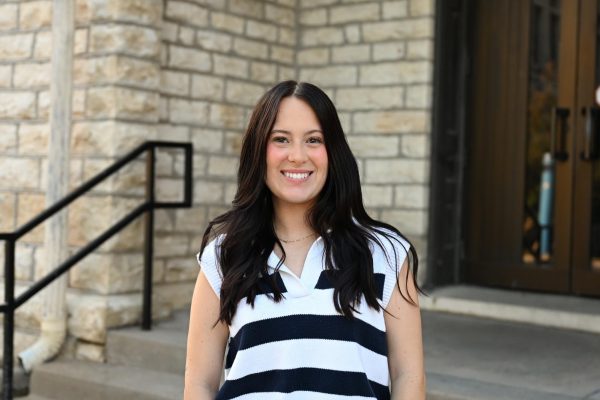Social media has become a huge part of our lives, but with these new AI tools and the ability to curate how our lives are perceived on social media, how can we take back the sites and make them our own?
Look at the “photo dump” trends, with a carousel full of pictures that create an ambiance or reflection of the user’s life. Most of these consist of snapshots of food, themselves, friends or anything that the user found worthy, but when did we stop posting a photo because we liked it? Why have we started to scroll through the pictures taken and edit them to gain more likes or interactions with the post? What happened to simply sharing what we enjoy?
I’ll be honest, I am an avid Instagram user and I have no shame. Story after story or bi-weekly posting has become a new thing for me, and that is simply because I am no longer bothered by the number of likes or interactions I receive from other profiles. I am posting things I enjoy and have been for a while now; it is freeing to not care about how many views I received on a post, or who likes what story. It is easier said than done to not care about others interacting on my profile, but I view it as an opportunity to show the internet my life — big or small details.
Social media is now a place where influencers and celebrities post their best or most crafted photos, but why should we follow suit? In college there are plenty of moments to share, between pictures of you and your friends hitting Aggieville, gameday content and everything in between. Why isn’t it the norm to post a little bit of everything?
That includes the bad days, to show the world that we are all human and we go through different experiences in life. By encouraging authenticity and self-expression, social media users can show their followers they are more than just a feed of them looking their best.
When you share the good, the bad and the ugly on social media, we are creating safe spaces on the internet for others to do the same. As a generation we are big on celebrating diversity, encouraging individualism and expressing our emotions, and our social media sites should reflect ourselves and our personalities.
The next time you post on Instagram, TikTok or Snapchat, think about whether this accurately represents your values and who you are as a person. Social media should be a safe place to express yourself; it was not designed to falsely represent you and what you stand for.
Crafting a fake persona is limiting yourself to only that version of yourself, and why go through life viewed as someone you’re not?
























































































































